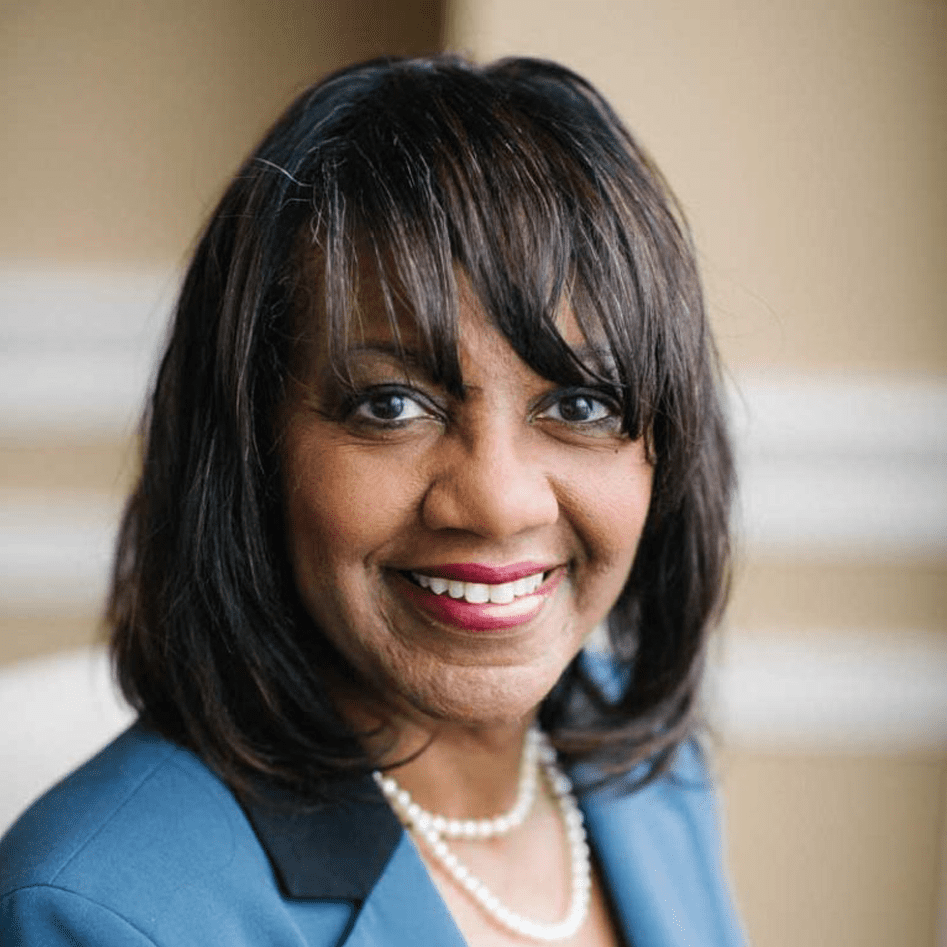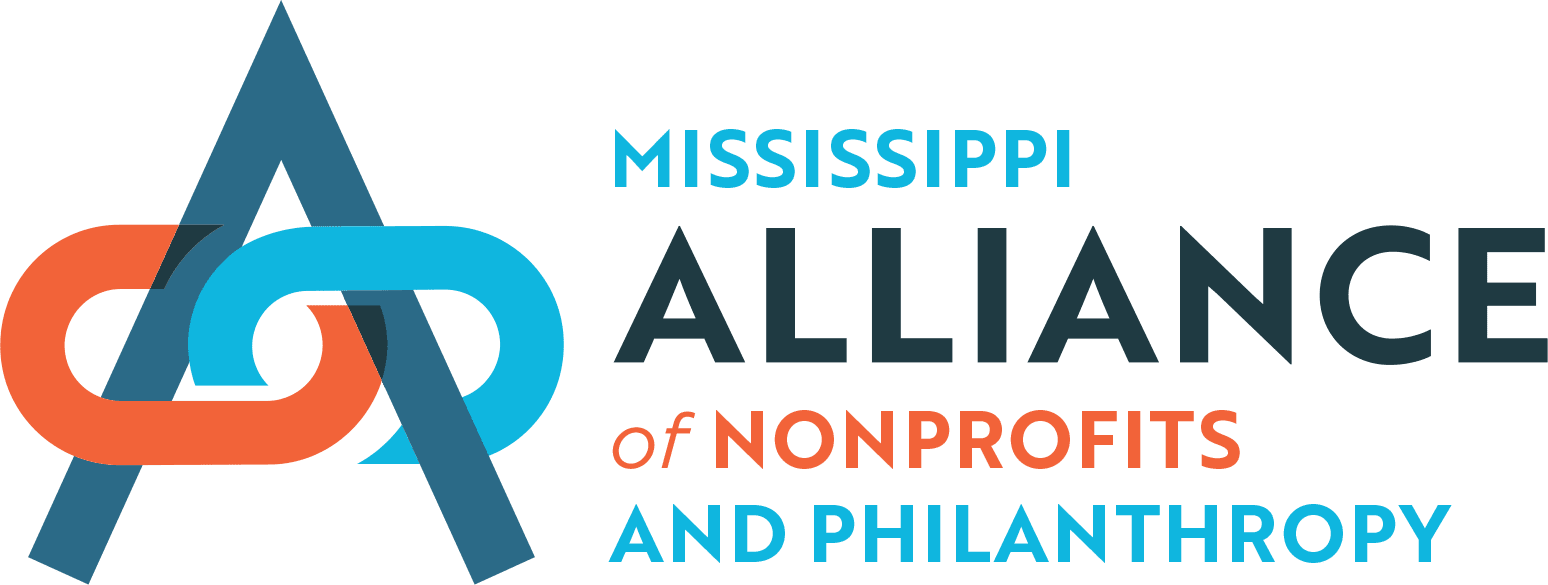

Chief Administrative Officer
Mississippi Public Health Institute
Mental Health is Public Health
The COVID 19 pandemic did a great deal to illuminate why mental health should no longer be the “silent pandemic.” The organization United for Global Mental Health conducted a survey early during the pandemic, which found that anxiety and depression were higher among young adults, women, and people with risk factors for Covid-19. There are several studies and surveys that point to the increase in mental health issues during the pandemic.
However, mental health issues have always been prevalent in our society. 1 in 5 Americans will experience a mental illness each year. 1 in 5 children, either currently or at some point during their life, have had a seriously debilitating mental illness. 1 in 25 Americans lives with a serious mental illness, such as schizophrenia, bipolar disorder, or major depression.
The Mississippi Public Health Institute’s (MSPHI) mission is to engage in partnerships and activities that improve Mississippi’s health. We are proud to wear green to celebrate Mental Health Awareness month and join the Mississippi Department of Mental Health and other community partners to promote mental wellness and encourage everyone to recognize the signs of a mental health problem and to seek out the appropriate treatment and support. Physical health and mental health go together. Primary care doctors check your blood pressure, cholesterol, and other health indicators. More of them are now screening for mental health issues to ensure your overall health and wellbeing.
What’s essential to take away from this article is that we have all experienced a mental health issue, whether personally, with a family member, or with friends. We should not feel powerless or embarrassed about that. There are many resources available right here in Mississippi that provide more understanding about mental illness and services to support those experiencing a mental health crisis.
One particularly valuable resource is the opportunity to become a Mental Health First Aider, which teaches you how to identify, understand and respond to signs of mental illness and substance use disorders. This training gives you the skills you need to reach out and provide initial support to someone who may be developing a mental health or substance use problem and help connect them to the appropriate care. For more information on how you can become a mental health first aider, contact Mariesha Eason, Mississippi Department of Mental Health at 601-359-1288 or at mariesha.eason@dmh.ms.gov.
Related Articles
Woodward Hines Education Foundation Supports First-Gen College Success in Mississippi with $1.5 Million Grant to FirstGen Forward
The Woodward Hines Education Foundation is focused on college completion in Mississippi, and its funds will allow FirstGen Forward to expand its impact in the state.
State’s Nonprofit Sector: An Economic Engine
This commentary piece from the Alliance Executive Director originally appeared in the December issue of the Mississippi Business Journal.
The recent challenges facing nonprofits have dominated public discourse, overshadowing a fundamental truth: Mississippi’s nonprofit sector remains one of our state’s most vital economic drivers and community lifelines. As executive director of the Mississippi Alliance of Nonprofits and Philanthropy, I see firsthand the transformative work of thousands of organizations operating with integrity, transparency, and remarkable efficiency across our state.
Equity in Response, Recovery and Resilence: An Action Report in Five Parts
The Mississippi Alliance of Nonprofits and Philanthropy (the Alliance) was created to enhance coordination, collaboration, and communication among nonprofits, maximizing existing funding and expanding resources. The Alliance also focuses on embedding equity into nonprofit work, aiming to ensure equitable outcomes. During the 2022 Jackson water crisis, nonprofits worked to meet urgent needs. Recently, with funding from the US Water Alliance, the Alliance and its partners have been studying equity in disaster response, recovery, and resilience efforts.

